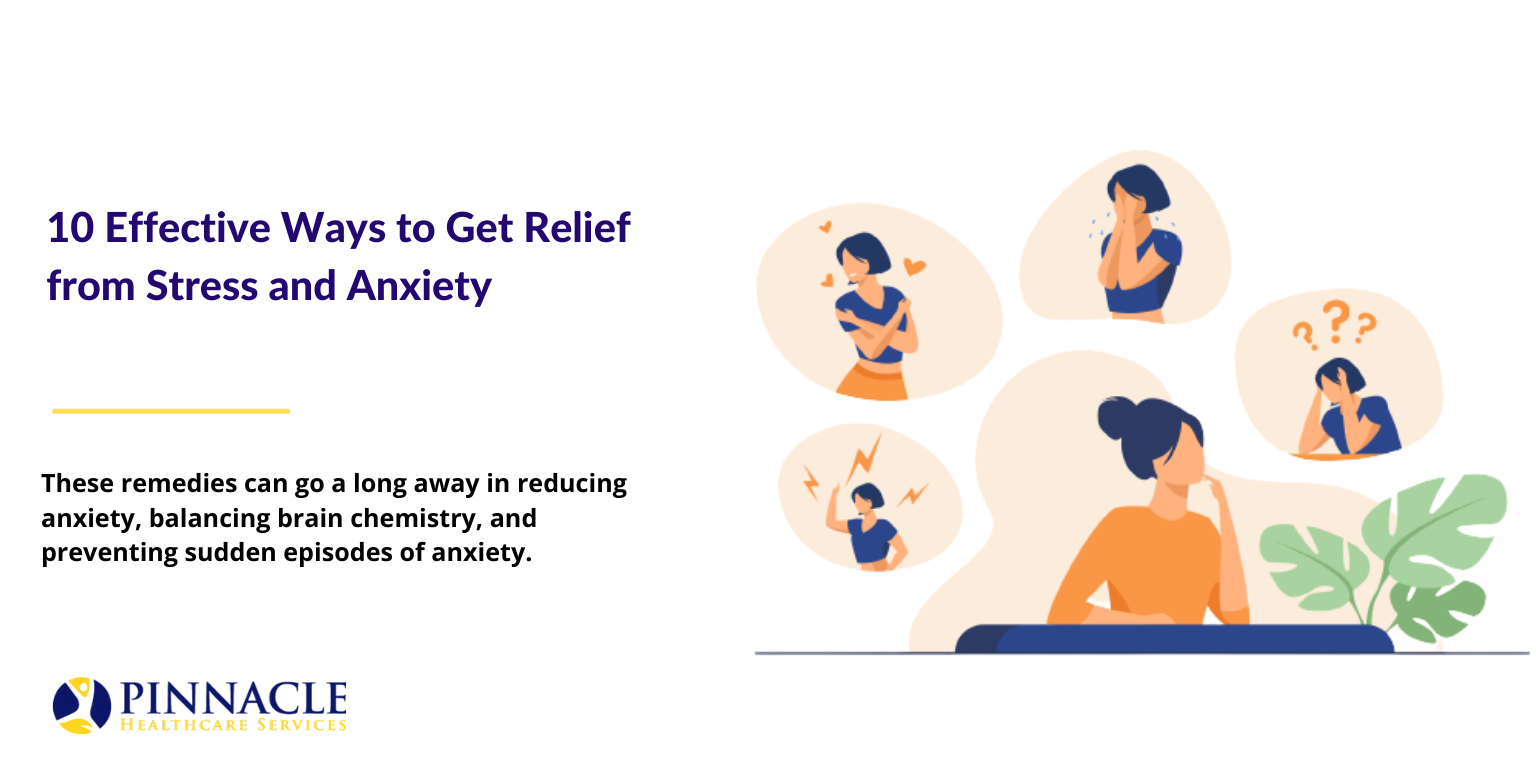According to the National Council for Mental Wellbeing, 90% of individuals in public behavioral healthcare centers have had trauma. Another research revealed that 1/4th to 3/4th of people with violent or abusive traumatic experiences report alcohol abuse. Adults with PSTD (Post-traumatic stress disorder) are 9 times more likely to experience drug abuse or dependence.
Statistically, trauma and substance abuse are closely connected. In this blog, we discuss trauma’s effect on a person’s chances of developing substance abuse.
What Is Trauma?
Trauma is an emotional response to life-threatening or physically or mentally harmful circumstances or events, including but not limited to:
- Physical assault
- Loss of loved ones
- Sexual harassment
- Terminal illness
- Natural disaster
- Accidents
- Domestic violence
- Bullying
- Emotional or verbal abuse
- Parental neglect
Trauma is classified into:
- Acute Trauma – It results from a single stressful or dangerous event.
- Complex Trauma – It occurs after being exposed to multiple traumatic events.
- Chronic Trauma - Repeated or prolonged exposure to stressful events can cause it.
- Vicarious Trauma – A person can experience this from being close to someone who experienced trauma.
How Does Trauma Affect the Brain?
According to a study, trauma can affect three essential parts of your brain,
- Amygdala – Emotional and instinctual center
- Prefrontal Cortex – Regulates your impulses and emotions
- Hippocampus – Controls your memory
These three parts work together to manage your stress. However, when you’re reminded of a traumatic experience:
- Amygdala acts similar to the time when you experienced the trauma for the first time
- The prefrontal cortex becomes suppressed, so you are unable to control your fear
- The activity of the hippocampus will be reduced, so your brain cannot distinguish the actual traumatic event and its memory
This way, your brain perceives things that remind the traumatic incident as threats while impacting how you make decisions and how you see the world.
How Can You Tell If Someone Has Had Trauma?
Symptoms of trauma can range from mild to severe, depending on the type and characteristics of the event and how it affects a person’s characteristics, mental health, and approach to handling emotions.
People who have had trauma may experience:
Psychological and Emotional Responses
- Guilt
- Denial
- Fear
- Dramatic mood changes
- Hopelessness
- Anger
- Difficulty concentrating
- Sadness
- Irritability
- Shame
- Depression
- Numbness
- Confusion
- Anxiety
Physical Responses
- Feeling Jumpy
- Headache
- Digestive symptoms
- Rapid heartbeat
- Fatigue
- Sweating
PSTD can occur if these symptoms get worse or persist. Symptoms of PSTD are:
- Severe anxiety
- Persistent memories of the event
- Flashbacks
- Avoidance
- Feeling detached
- Negative emotions
- Lack of interest
How Can Trauma Lead to Substance Abuse?
Generally, it can be difficult for people who experienced a traumatic event to manage the negative emotions and associated stress. This can result in turning to unhealthy coping mechanisms, including substance abuse. While alcohol or drugs initially help manage these symptoms, regular usage can lead to dependence or addiction. Addition can worsen your physical and mental condition instead of being a coping mechanism in the long run.
Therefore, if you are showing symptoms of trauma, talk to a health professional. Depending on the severity of your condition and the traumatic symptoms you experience, your doctor will suggest any of the following trauma treatments:
Cognitive Behavioral Therapy
It helps people to change their thoughts to have control over their emotions and behaviors.
Eye Movement Desensitization and Reprocessing Therapy
It helps people process and integrates traumatic memories.
Somatic Therapies
They use body-based techniques to help the body and mind process trauma. Different somatic therapies are:
- Somatic experiencing
- Acupoint stimulation
- Sensorimotor psychotherapy
- Touch therapies
Medications
Prescribed medications help manage your traumatic symptoms.
Where Can I Get Help for Substance Abuse Disorder?
Contact Pinnacle Healthcare Services in Alexandria, VA, if you or your loved one suffers from substance abuse disorder due to a traumatic event. Our physician, Dr. Kurwa Nyigu, a board-certified internist and addiction medicine specialist, follows a holistic approach to treating substance abuse disorder.






